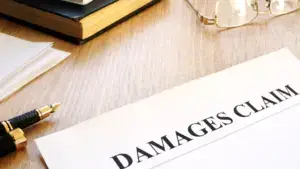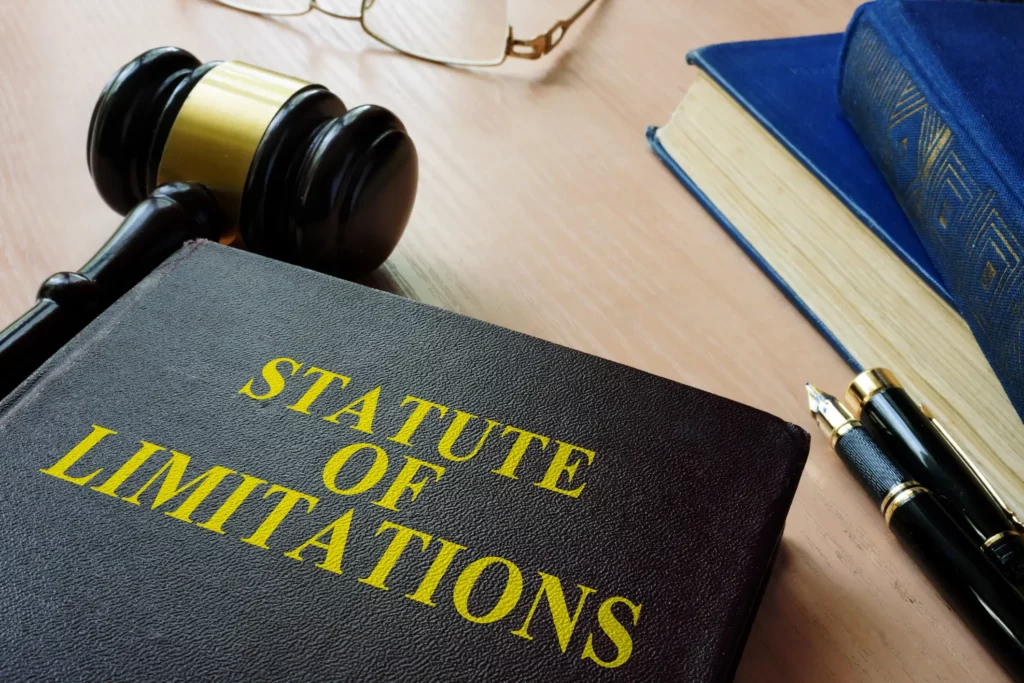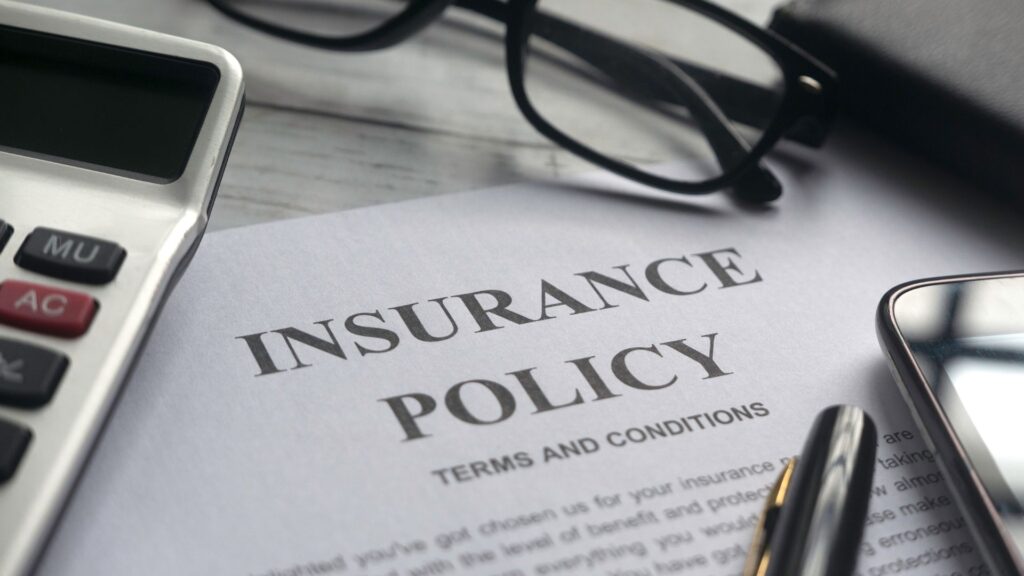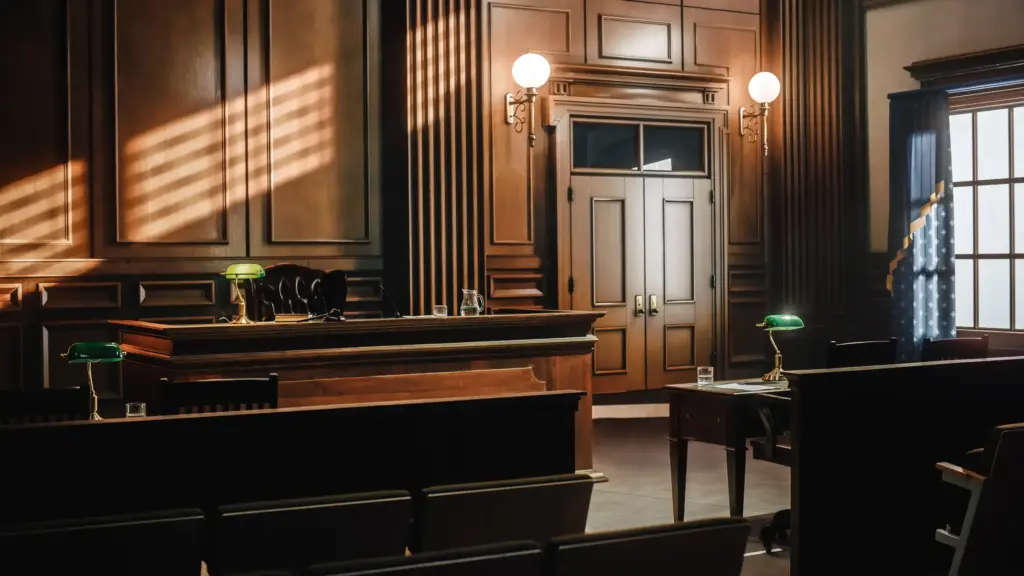After an accident, most people immediately think about physical injuries, but property damage is often one of the first and most stressful consequences victims face. Whether it’s a totaled car, broken phone, or damage to your home or business, property damage can bring unexpected financial strain and disrupt your daily life. Understanding what qualifies as property damage, how it’s assessed, and what compensation you may be entitled to is an important part of protecting your rights after an accident.
What Is the Meaning of Property Damage?
Property damage is defined as harm or loss caused to physical property, like houses, buildings, and vehicles. It can result from from:
- Car accidents
- Natural causes
- Intentional acts
- Negligence
While insurance providers will cover costs of repairs and replacement, disputes may occur for the extent of damage or the value of specific items, especially if the property has a sentimental value that cannot be measured in monetary terms. Property damage cases can be classified into two categories: damage to real or personal property.
Real Property
Real property damage is referred to as damage that involves land, structures, and anything attached to it, including:
- Residential structures, like homes, apartments, and garages
- Commercial buildings
- Structural components, such as walls, roofs, and electrical systems
- Driveways, fences, landscaping, and patios
Real property damage will happen from natural causes (wildfires, flooding, or earthquakes), vehicles crashing into buildings, acts of vandalism, or construction-related cases. For instance, if a person drives into your front yard and ruins your wall, that would be considered real property damage.
Personal Property
Personal property applies to moveable items that are owned by a person or entity. This will cover:
- Vehicles, like cars and motorcycles
- Furniture and appliances
- Electronics, such as TVs and computers
- Clothing, tools, or jewelry
For example, if your home is broken into and your electronics were stolen or if your furniture was ruined as a result of a fire, it will all fall under personal property loss.
What Is the Most Common Cause of Property Damage?
The most common cause of property damage is negligence or intentional acts committed by another individual. These cases will occur when a person pursues legal action for damages done to their property, whether it be on purpose or by accident. An example could be a car crash in which a driver strikes your vehicle to where it is classified as totaled, leaving you with financial burdens involving repair and replacement costs.
Another common instance would be having a dying tree fall during a storm, destroying your garage. In this given scenario, the property owner will be held liable for failing to maintain the condition of the tree.
Lastly, intentional damage, such as vandalism, is another notable factor that has contributed to property damage cases. For example, a neighbor spray painting your home or breaking your window. Such conditions could also involve personal injury, particularly if physical harm happens in the same incident as property damage.
What Is a Property Damage Claim?
A property damage claim is a request made to the insurance company or the at fault party for compensation to cover repair, replacement, or loss of damaged property. This is filed when real or personal property sustains harm from any of the qualifying reasons. The purpose is to seek financial recovery to restore the property to its original condition or something that is of equivalent value.
How to Sue Someone for Property Damage?
If someone causes damage to your property, whether it is a totaled car or vandalism, you may be entitled to sue them in civil court to recover repair or replacement costs. The first step would be to submit a written demand letter that goes over the incident, the damages incurred, and the amount you are asking for. Sometimes, this approach is enough to avoid court.
If the person ignores or denies your request, you can proceed with the filing process. In California, when damages are $25,000 or below, you will have to submit a “limited civil case” in Superior Court. But, if it far exceeds that amount, you must file an “unlimited civil case.”
If you are pursuing $10,000 or less in damages, you will want to consider filing in small claims court. This will typically be faster compared to having it done in Superior Court, making it a more quicker option to resolve a low-value dispute. Seeking legal assistance from an excellent attorney who attains knowledge and expertise in such matters can better your chances of acquiring favorable results.
On your hearing date, you will go to court and present your situation to a judge. You will have to explain in full detail what happened, provide evidence to support your claim, and answer any questions that may be asked. If the judge rules in your favor, the defendant will be required to pay you the assigned amount. If they do not compensate you, you can pursue further steps to collect the money, by either placing a lien on their property or garnishing their wages.
Under the pure comparative negligence rule, pay may be distributed based on percentage of fault. This will allow plaintiffs to recover damages even if they were partially responsible for the incident. For instance, if total repair cost is $10,000 and you were 30% liable, you may receive an estimated recovery amount of $7,000.
Can You Sue the Police for Property Damage?
You can sue the police for property damage. Under California Government Code § 945.6, you will need to submit a written claim to the relevant public entity within six months from the date of when the damage occurred. Failing to do so may cause you to lose your right to pursue legal action. Once it has been filed, the agency should respond within 45 days. If the claim gets denied or ignored, you will be given a two-year window from the initial date of the event to sue.
In California, special protections are set in place for government entities, also referred to as immunities. This protects them from accountability, especially if their employees were fulfilling work-related tasks under the scope of employment and had to make quick decisions during urgent situations.
How to Settle a Property Damage Claim?
Settling a property damage claim will require several steps to be taken to ensure you are granted full financial recovery for the harm caused to your belongings. The process will start with you reporting the incident to an insurance company or the appropriate party that contributed to the damages. From there, you will have to collect evidence, like photographs, video footage, repair costs, receipts, police reports, and any other form of communication you made with the opposing side.
If you are filing through insurance, the adjuster will inspect the situation and determine what the value of your claim will be. You will likely be provided with a settlement offer, but it is not required for you to accept it if you believe that it does not reflect the actual worth of your case. You can, however, have your attorney negotiate on your behalf to ensure it is enough to cover costs to repair or replace the property. Supporting evidence may include expert assessments, additional estimates, or receipts.
If you are communicating with the responsible party, you can send a demand letter that highlights the damage, what caused it, and the amount you are pursuing in compensation. If they are on board with the information presented, you can both sign a written settlement agreement. If not, and negotiations do not resolve the problem, the next step would be to seek legal action in small claims court or through a lawsuit depending on the extent of damages you incurred.
How Long Does a Property Damage Claim Take?
The amount of time you are given will depend on the type of claim and who you are filing it against. If your property was damaged because of a government agency or public employee, you will need to submit an administrative claim. This must be done within six months of the date the damage initially happened (Gov. Code § 911.2). They will be given 45 days to respond (Gov. Code § 912.4). If they deny or ignore your claim, you will have two years from the actual date of the incident to sue (Gov. Code § 945.6(a)).
For non-government-related claims, timelines will differ. Most insurance companies will respond to your claim within 15 days and form a decision typically within 30 to 40 days after they have received and assessed the documentation provided. But, disputes or negotiations can extend the legal process, up to a few weeks or months.
What Is the Property Damage Statute of Limitations in California?
Most property damage cases in California will need to be filed within three years from the date of when the incident occurred. This will apply to real and personal property (California Civil Code Procedure § 338). This statute is effective regardless of whether you are filing a standalone property damage claim or including it for a broader case, like a car crash involving vehicle damage and personal injury.
If you exceed the deadline, you may lose your opportunity to secure compensation for the losses you incurred. However, there are a few exceptions in which the statute of limitations can be tolled. For instance, if the person you are suing is out-of-state after the incident, their time away may not be applied to the three year limit (CCP § 351).
In addition, if the property owner happens to be under 18 or is legally incapacitated, the clock will not start until they are 18 or regain capacity (CCP § 352). Other intricate circumstances could also extend the time period.
What Is the Minimum Property Damage Coverage?
The minimum property damage coverage will vary depending on your policy. For auto insurance, it is required for drivers to own at least $15,000 in property damage per accident. This relatively new policy became effective on January 1, 2025. This will apply to cases where damage is done to another individual’s property.
When it comes to residential property insurance, such as coverage for buildings and personal belongings, there is no fixed dollar minimum that is required by California law. Insurers will need to make sure that coverage limits are enough for the property being insured and will need to disclose said limits and how they are identified (typically based on replacement cost estimates).
If the policy has replacement cost dwelling coverage, state law will require a minimum 10% in coverage to account for costs pertaining to building code upgrades during reconstruction.
How to Prove Property Damages in Court?
To prove property damages in court, you will need to have strong evidence at hand to show what was damaged, how it happened, and the losses you suffered as a result. Costs will fall under economic damages, which is a category of compensatory damages made to reimburse you for measurable financial harm.
Below are some important factors that should be fulfilled to better your chances of succeeding:
- Proof of ownership: You must prove that you were the owner of the affected property during the time of the incident. This may include receipts or invoices, photographs or video footage of the property before it got damaged, or a vehicle title or registration.
- Evidence of damage: You will have to show that the damage actually happened, like having witness statements, police reports, or photos comparing before and after the event took place.
- Proof of cause: You will need to demonstrate how the damage was caused by the defendant’s negligence. Supporting evidence may include witness information, surveillance footage, and expert analysis.
Do I Need a Lawyer for a Property Damage Claim?
While it is not legally required for you to seek assistance from a lawyer for a property damage claim, having such representation can make a significant difference if damages are severe, the other party disputes liability, or if the insurance provider gives you an unfair settlement offer.
Different types of lawyers may handle these cases, but those with extensive experience with personal injury, property law, and insurance disputes are the most reliable and effective. Choosing the right form of legal representation will ensure you have someone on your side who knows local rules and ordinances, and will implement negotiation tactics against the opposing side to help improve your chances of seeking favorable results.
Need Help with Property Damage? Contact West Coast Trial Lawyers Today
If you suffered property damage, whether it is from an accident or vandalism, it can be stressful to pursue a claim on your own, especially if insurance companies are not making the process any easier. At West Coast Trial Lawyers, our knowledgeable legal team will guide you every step of the way, ensuring you are granted full financial recovery.
With more than $1.7 billion in settlements recovered and over 20 years of experience handling property damage and personal injury cases, we have the qualifications needed to effectively handle your claim, negotiate with insurers, and represent you in court if your case heads to trial.
To set up a FREE case evaluation, you can reach out to us by calling (213) 927-3700 or filling out our quick online contact form.




















































































